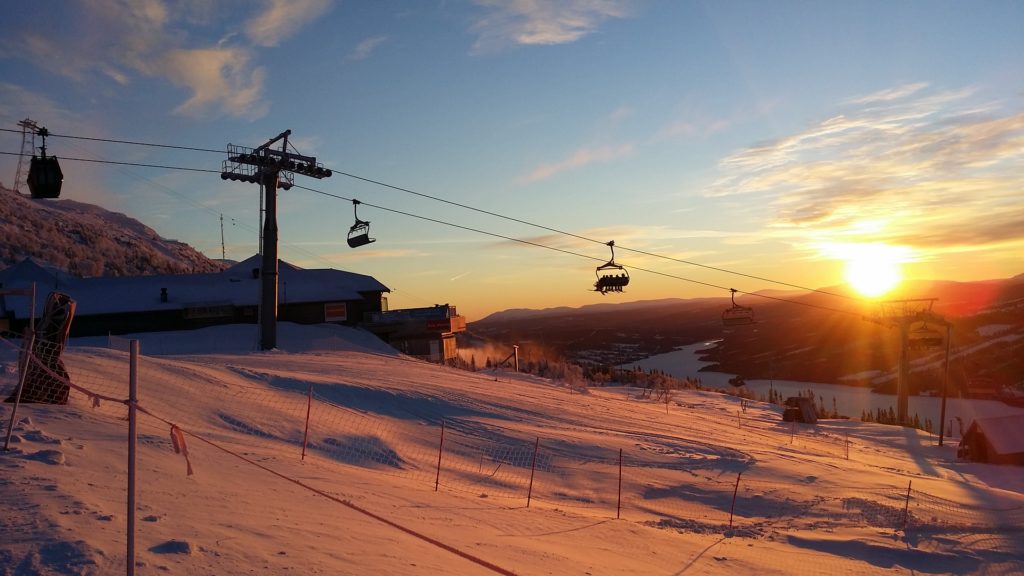A comprehensive report on winter tourism adaptation to climate change in Italy
The Alpine ranges have warmed twice as much as the global average between the end of the 19th and the start of the 21st century. According to EURAC research centre, with a temperature increase beyond 4C° in the Italian Alps, only 12% of the current ski facilities would be still suitable for snow tourism. For this reason, since 2013, the Italian environmental NGO Legambiente, conducts the campaign “Neve Diversa”, literally “another snow”. This campaign aims to advocate for a shift from snow tourism in the Italian Alps and Apennines, in view to adapting to climate change.
In the frame of the Neve Diversa campaign, every year Legambiente publishes a report that points out the state of the art of ski resorts’ transition towards no-snow model across all Italian regions. According to their last published version of the report “Neve Diversa 2021”, between 1960 and 2017 the snow season went through an average reduction of 38 days, and the Snow Reliability Line shifted from 1500 m.a.s.l. in 2006 to 2400 m.a.s.l. and above. These changes have serious consequences on the economic viability of the approximate 290 ski resorts, 1,743 ski lifts and over 5,700 km of ski trails that exists in Italy.
Mapping good and bad practices on “no-snow” mountain tourism
Neve Diversa 2021 identifies several good practices of ski resorts that decided to shift towards alternative and snow-free tourism. For example, in Piedmont, Raimondi srl di Ceva decided to buy the former Viola St. Gree ski resort taking advantage of the 110% tax credit of the Recovery Fund and create an all-year around tourism destination. Meanwhile, many ski resorts in the Italian Apennines have decided to opt for “green” and “wellness tourism”, hence valorising the local biodiversity and traditional handcrafts.
Changes in the tourism offer in mountains goes hand in hand with the new profile of mountain tourists. According to Legambiente, nowadays mountain tourists prefer to spend holidays doing other activities than just skiing, as it was the case in 1970s and 1980s, and about 48.2% of winter tourists do not ski at all. Most young tourists prefer “after-ski” activities such as sport activities (swimming pool, gym, fitness), wellness and personal care activities, cultural services (museums, local visits), gastronomic degustation and leisure activities (dancing). The new mountain tourist profile has also been named “4L tourism” (landscape, leisure, learning, limit) and matches sustainability concerns to the travelling experience of the visitor.

What is the role of Next Generation EU for tourism transition in mountains?
In its report, Legambiente underlines that the Next Generation EU can be used as an opportunity to finance tourism transition in mountains. Especially mountains areas below 1800 m.a.s.l. – that in the future will experience a considerable reduction in their snow cover – should consistently invest in shifting towards new economic models, such as all-year around tourism, whereas areas above this quota may keep their ski resorts but also invest on the diversification of their activities. Throughout these funds, the authorities shall fund stakeholders’ involvement to design their local strategy for an alternative mountain tourism.
Euromontana will discuss climate adaptation of tourism facilities on the 27th May 2021 during the third Smart Mountains webinar, presenting the adaptation example of Metabief’s ski resort. For more information, please visit the event webpage: Climate adaptation: what opportunities for mountain businesses?
19 May 2021









